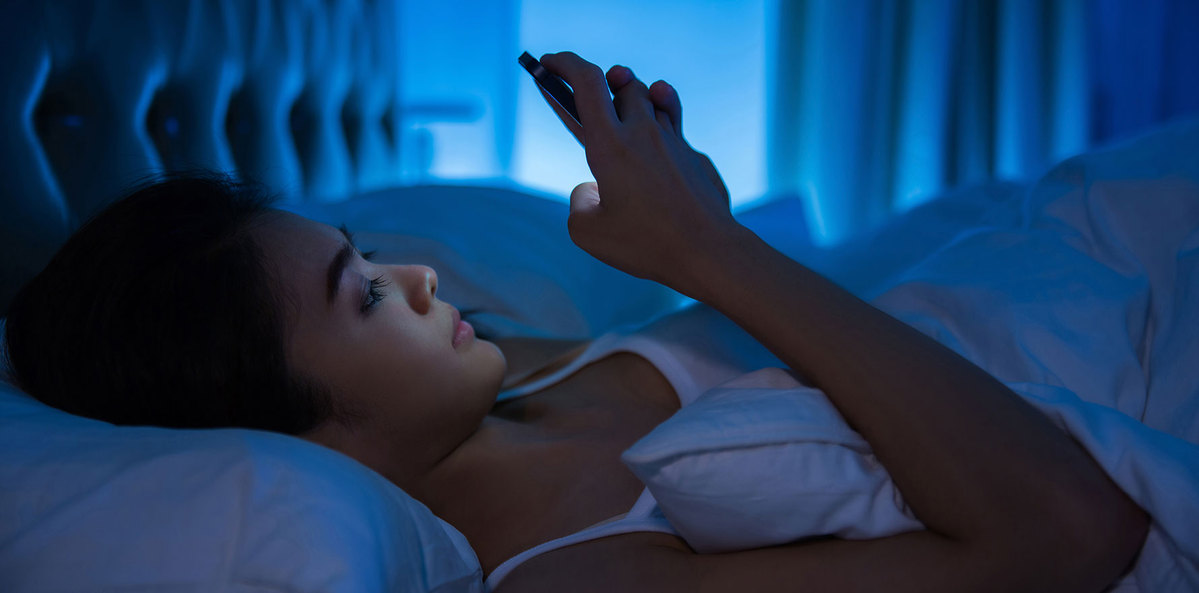Perhaps the time has come to start noticing when our Apple Watch goes ping.
If you’re anything like me, you’re wearing a smartwatch that comes loaded with a suite of activity trackers and health apps.
They come in handy at the gym if I want to see what the three pulls on the rowing machine just did for my heart rate (nothing) or if I’m sustaining my aerobic activity long enough to burn 10 calories (I’m not). But otherwise, I ignore them.
Can wearable activity trackers actually detect disease? A new study says yes, depending on the condition.
Data out of the University of South Australia shows that wearable activity trackers show promise in detecting the early signals of trouble – particularly for atrial fibrillation associated with stroke, and our old friend, covid.
Published in JMIR mHealth and uHealth, the systematic review of 28 studies with 1.2 million participants assessed the reliability and accuracy of consumer-grade wearable activity trackers to detect and monitor a wide range of medical conditions and events.
The study found that wearable technology could correctly identify:
- covid status (positive or negative) in 88 out of 100 people, similar to rapid screening tests;
- atrial fibrillation in 87 out of 100 people, akin to tests undertaken by doctors; and
- falls in 82 of 100 people.
Add that to what we already know wearables can do — accurate and timely measures of blood pressure, heart rate, oxygen levels, sleep quality, skin temperature, hydration, stress levels and more — and I may have to start paying more attention.
Lead researcher, UniSA’s Dr Ben Singh, said that wearable activity trackers could revolutionise the detection of medical conditions and disease.
“As healthcare budgets continue to soar, the need for cost-effective interventions that reduce healthcare costs and improve patient outcomes has never been more urgent,” Dr Singh said.
“Our systematic review shows that wearable activity trackers like Fitbits and Apple Watches have significant promise in detecting covid and heart conditions in real-world settings, which has the potential to improve personal health monitoring.
“Wearable trackers not only empower people to proactively manage their health, but they enable them to detect health issues in real-time.
“This means that they can respond to any concern quickly, and hopefully avoid any serious health issues.”
Related
Personally, I am of the view that unless such detection comes with the relevant treatment firmly attached, I don’t necessarily want to know too much. But it’s possible that’s just me.
Coauthor Professor Carol Maher said there was scope for expansion and improvement.
“The beauty of wearable activity trackers is that they provide an easy and convenient way for people to monitor real-time aspects of their health and wellbeing; but their full potential is yet to be realised,” she said.
“Wearable trackers are providing some excellent health data, but their application must encompass a greater number of health conditions and demonstrate greater results across diverse populations before they can be considered for clinical practice.”
In other words, potential but not enough realisation, just yet.
Still, when you look back at where we were just 20 years ago when the smartphone was just a twinkle in Steve Jobs’ eye, let alone gadgets like Fitbit, Apple Watch or Oura rings, it doesn’t seem like long before we’ll be able to jumpstart our own ticker with a touch of a button.




